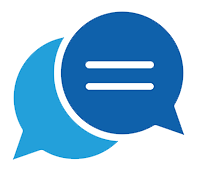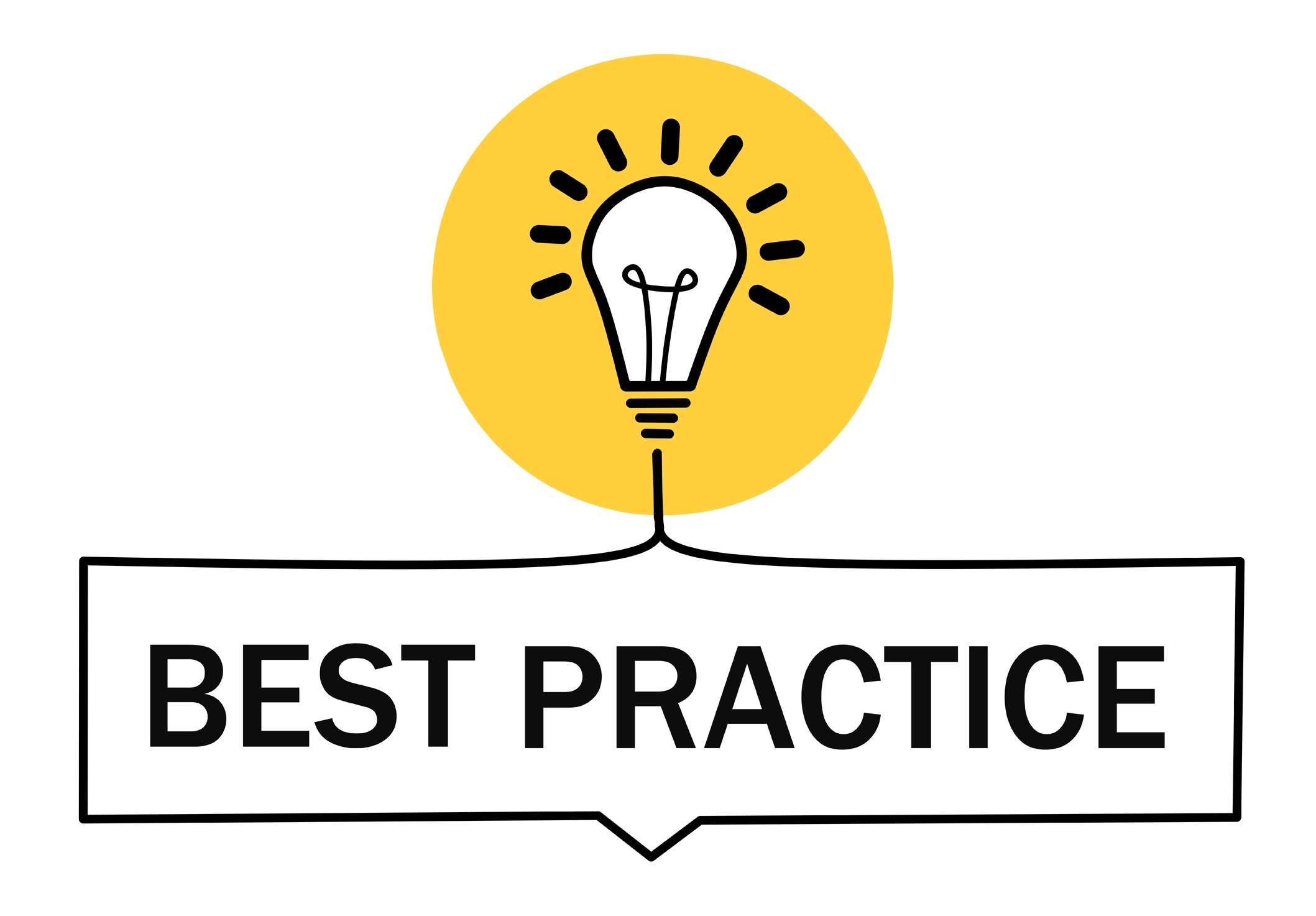Unit 2
Taking bookings

deal with customer inquiries

deal with customer inquiries
The main communication topics for travel agents are the offering, presenting, advertising, booking and sales of tourism products and services. Among some of the most common services they offer are reservations for seats in vehicles, accommodation, dining and entertainment establishments, cultural and sports events, etc.; confirmations of the reservations made and selling the tourist products and services. Among the most common communication situations at a travel agency are reservations of plane tickets for customers, provision of transfer of tourists from the airport to the hotel and reservations for seats in different means of transport
Vocabulary box
Cabin (service) classes offered by airlines
Cabin classes are different levels of service offered by most airlines.
Economy class is the cheapest class of tickets. It is the most basic class and the seats here are the narrowest.
Premium economy class adds space; sometimes seats are in more desirable locations, for example, the front of the aircraft. It may also offer complimentary or better food and a greater baggage allowance.
Business class includes bigger seats and better food.
First class is the best class of tickets with wider seats and the best service offering a luxurious experience that can vary depending on the different airlines.
Types of tickets and flights
- a one-way ticket a ticket that only includes a flight to a destination
- a return ticket a ticket that includes the flights to a destination and back
- a direct flight a non-stop flight
- a flight with stopover(connection)
- layover – the time you spend in an airport waiting for your next flight
- an outward flight – a flight to a chosen destination
- a homeward flight = a return flight
- an airline – a company that operates flights
- boarding card = a boarding pass
- arrive (verb)–get to a place, arrival (noun)
- depart (verb) – leave a place, departure (noun)
- return (verb)– come back to a place, return (noun)
Exercise 1:
Exercise 2:
Work in pairs. Tell your partner which cabin class you would prefer if you had to fly to London next month and why you would choose it. Take turns.
Exercise 3:
 DIALOGUE 1:
DIALOGUE 1:
 DIALOGUE 1:
DIALOGUE 1:Travel agent: A Dimitar Dimitrov: B
Booking a flight
A: Good afternoon. Welcome to our travel agency. How can I help?
B: Hello. I’d like to book a return ticket to Copenhagen
A: Certainly, take a seat, please. When exactly would you like to travel?
B: Around Christmas, I’m flexible with the exact days.
A: And what time of the day would you like to travel?
B: In the morning, if possible.
A: Do you have any airline preferences?
B: Not at all. Any airline will be fine, thanks.
A: OK, let me just check the availability. One moment, please…There are two flights to Copenhagen in the morning – on 22 and 23 December. There are seats available on both. Which one is more suitable for you?
B: I’d prefer to fly on 22 December.
A: And what about the return flight?
B: On 2 January.
A: OK, one moment please. . . And what class would you like: economy, business class or first class?
B: Economy class, please. The cheaper the fare, the better.
A: All right. There’s a flight at 9am on 22 December, returning in the evening on 2 January. The cheapest ticket is € 500.
B: That’s fine. Can I have the details of the return flight?
A Certainly. That flight departs at 7am and lands in Sofia at 9:40 am local time.
B: Yes, that sounds OK. Can I use my laptop during the flight?
A: Yes, you can, as long as you are offline.
B: And how long is the flight to Copenhagen?
A: It takes 2 hours and 40 minutes and the check-in is 2 hours beforehand.
B: OK, thank you, I’d like to book these round-trip tickets, please.
A: Sure! In order to book them for you, I need some details. Could I have your full name, date of birth, address and passport number, please?
B: My name is Dimitar Dimitrov and my address is Rome 75, Condotti Street.
A: Could you spell your name for me, please?
B: Sure. It’s D-I-M-I-T-A-R D-I-M-I-T-R-O-V
A: Thank you, Mr Dimitrov. And your date of birth, please?
B: 27 May 1980.
B: Here is my passport number. (Hands the travel agent his passport.)
A: Could you tell me your phone number as well?
B: It’s 00393463975498
A: Sorry? Did you say 3943?
B: No, 3934.
A: So, it’s 00393463975498
B: Right.
A: Thank you. Could I have your email address, too?
B: It’s dimdimitrov at gmail dot com.
A: Is dimdimitrov all one word?
B: Yes, that’s right
A: Thank you. That’s all I need. Shall I book a seat for you? E27 has extra leg room and I can book it with no extra charge for you.
B: Yes, please.
A: Now, we just need to organise the payment now. Will you pay by credit card or in cash?
B: I’ll pay in cash. Just let me get my wallet…It was €500 in total, right? Here you are. (The customer passes on the money to the travel agent)
A: Thank you. Just give me a moment…It’s all done for you! Your booking reference number is BS5472. I’ll prepare everything and email it to you in a second.
B: Great, thanks.
A: My pleasure.
Exercise 4:

Language at work 1 – useful phrases
USEFUL PHRASES:
- Good morning/afternoon/evening. Welcome to the (name of the travel agency)
- How can I help you?
- Let me check if that’s possible. One moment, please.
- Can/Could/May I have your name/ phone number/ address, please?
- Is there anything else I can help you with?
Making requests using modal verbs CAN, COULD or MAY
- Can I see your passport or ID card? (informal)
- Could I see your passport or ID card? (COULD is used for making polite requests. This modal verb increases the level of politeness.)
- May I see your passport or ID card? (MAY is used for making polite and formal requests. This modal verb increases the level of both politeness and formality.)
Making offers with the modal verb SHALL
- Shall I book a seat for you?

say dates, years and email addresses

say dates, years and email addresses
Saying dates, years and email addresses
|
WE WRITE |
WE SAY |
|
17 July |
the seventeenth of July |
|
July 17 |
July the seventeenth |
|
1984 |
nineteen eighty-four (Years are divided into two parts: the first two digits and the last two digits) |
|
1900 |
nineteen hundred |
|
the year 2000 |
two thousand |
|
2006 |
two thousand and six (For the years 2001 to 2010, the most common way of saying the year is two thousand and the last digit) |
|
2016 |
two thousand and sixteen or twenty sixteen (The years after 2010 can be pronounced in two ways) |
|
l dot burton at gmail dot com |
|
|
. |
dot |
|
@ |
at |
|
_ |
underscore |
|
- |
hyphen |
|
A |
capital letter/upper case |
|
a |
lower case |
|
without any capital letters |
all lower case |
com is short for company (after @)
countries’ abbreviations (after @): uk (the United Kingdom), es (Spain) it (Italy), de (Germany), fr (France), bg (Bulgaria), rs (Serbia), hr (Croatia), si (Slovenia) etc.
Exercise 5:
Work in pairs. Take turns. Ask your partner about their date of birth and email address and write them down. Then your partner checks if the personal details have been written down correctly.
Exercise 6:
Read to the dialogue and answer the questions:
- What change was made?
- How much does Mr Dimitrove have to pay for the change?
 DIALOGUE 2:
DIALOGUE 2:
 DIALOGUE 2:
DIALOGUE 2:Travel agent: A Dimitar Dimitrov: B
Changing a flight booking over the telephone
A: Hello. Planet Agency. This is Emma speaking.
B: Hello, my name is Dimitar Dimitrov.
A: Hello, Mr Dimitrov. How can I help you today?
B: Well, I booked a flight from Rome to Copenhagen with your agency four days ago and now I have to change the outward flight date because of family issues.
A: All right. Can you hold the line for a moment, please?
B: OK.
A: Could you tell me the date of travel and the booking reference number, please?
B: Yes, it’s BS 5472 and the date is 22 December.
A: And what change would you like to make?
B: I’d like to depart in the morning on 24 December with the same airline, please and I’d prefer my flight to be at the same time as my original one.
A: All right, Mr Dimitrov. Sort this out for you might take a while. I’ll call you back in 2 hours latest. Shall I use the same number you’re calling from?
B: Yes, please. Thank you so much. Looking forward to your call.
A: You’re welcome, Mr Dimitrov. Goodbye for now.
….
A: Hello. This is Emma from Planet Agency. I’m calling about the change of your flight to Copenhagen. There is a new flight available on 24 December at 11am with the same airline. Unfortunately, there weren’t any seats available for earlier in the morning that day.
B: No problem. That sounds good as it is still in the morning.
A: Also the ticket fare is slightly higher because of the high demand in this season. Actually, it’s €150 more.
B: I see. That’s OK. Can I pay by card on your website?
A: Yes, Mr Dimitrov. I’ll send you an email with the payment details straight away and as soon as you finalise the payment, you will receive a confirmation email with flight details and your new booking reference number.
B: OK, thank you.
A: My pleasure. Can I do anything else for you?
B: No, that’s all. Have a nice day!
A: You too, Mr Dimitrov. Have a great weekend.

Language at work 2 – useful phrases
Changing bookings
- So, what would you like to change?
- Could you tell me your name and booking reference number, please?
- OK, let me check the availability.
- Fortunately, there are seats available for this date.
- Unfortunately, there are no seats available for this date.
- I’ll send you an email confirming the changes.
Exercise 7: ROLEPLAY
Work in pairs: Student A and Student B.
Student A Role card 1 Booking a flight
- You work at the Planet Travel Agency
- Welcome the customer who wants to book a flight and ask appropriate questions
- There are two flights to Rome available at 7 and 11.30 with Ryanair for this date
Book 7am flight; ticket fare: £49
Student A Role card 2 Changing a flight booking
- You have to change the flight to London you booked from 25 May to 5 June
- Your name is John Bennet
- The fight booking number is: DB 7915
There are no flights available on 5 June so you choose 6 June
Student B Role card 1 Booking a flight
- You want to book a flight to Rome in the morning on 5 November as early as possible
- You prefer economy class
Your name is Giovanna Bernini, DOB 25 August 1992, Address: Rome, 7,Via del Corso Street, Mobile number: 00393463101901 Email address:g.bernini@gmail.com
Student B Role card 2 Changing a flight booking
- You are a travel agent working for Globe Travel Agency
- A customer needs to change a booked flight. Ask appropriate questions.
- There are no flights available on 5 June. Suggest a day earlier or later at 1 pm
- Change the date according to tour customer preferences. The ticket fare is € 25 more.

Language at work – nonverbal communication
Mind your body language
Apart from the polite phrases you use, your body language is extremely important while communicating with your customers. Body language consists of your posture, the movements of your arms and hands (gestures), your facial expression (your smiles or frowns) etc. It expresses feelings and attitudes through body movements and positions and shows clearly if you are interested or bored.
 DOS AND DON’TS TIPS
DOS AND DON’TS TIPS
 DOS AND DON’TS TIPS
DOS AND DON’TS TIPS- Keep eye contact for a while when meeting a customer since it shows that you are interested in real communication and also builds trust.
- Smile genuinely and politely to build rapport with your customer in person and even while talking over the phone
- Maintain an upright straight posture. When you ask a question, lean forward a bit to show your engagement.
- Don’t over gesticulate.
Exercise 8: Self-practice
Listen to the recorded dialogue with pauses for speaking practice. Swap the roles of the travel agent and the customer – the first recording is with pauses for taking the role of the customer, the second one with pauses for taking the role of the travel agent.
Exercise 9: Research
Choose an airline, do some research on its cabin classes on the Internet and prepare a short presentation with information about what each cabin/service class includes.
During the next class present your findings to your teacher and classmates. Discuss with your classmates the cabin classes presented and choose the 3 airlines that offer a better level of services.
Exercise 10: Writing
Write a dialogue about a flight booking or changing a flight booking. In the next class, work in pairs, rehearse your dialogues and then present them to your classmates and teacher. Use some of the useful phrases in the Language at work boxes.